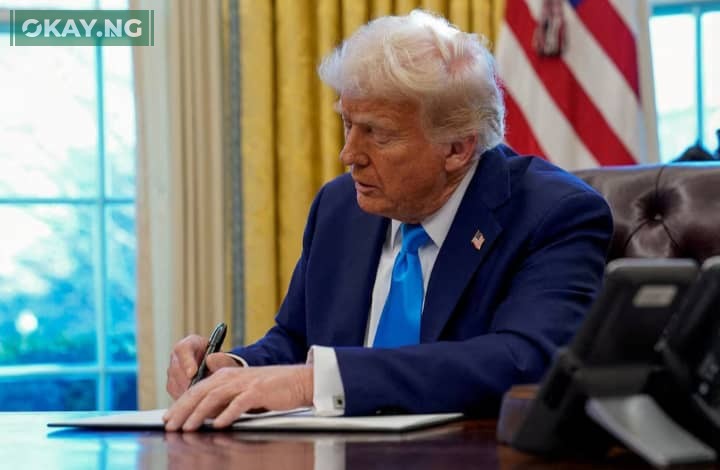In a significant legal confrontation, President Donald Trump’s administration has petitioned the U.S. Supreme Court to permit the dismissal of Hampton Dellinger, the head of the Office of Special Counsel (OSC), an independent agency responsible for safeguarding government whistleblowers.
This marks the administration’s first appeal to the nation’s highest court since President Trump commenced his second term in January.
The Justice Department’s request seeks to overturn a federal judge’s February 12 order that temporarily reinstated Dellinger, who was dismissed by President Trump on February 7 via an email stating his termination was “effective immediately.”
Dellinger, appointed by former President Joe Biden, was serving a five-year term set to conclude in 2029. In response to his abrupt removal, Dellinger filed a lawsuit challenging the president’s authority to terminate him without cause, citing statutory protections that limit removal to instances of “inefficiency, neglect of duty, or malfeasance in office.”
Acting Solicitor General Sarah Harris, representing the administration, argued in the emergency application that the lower court’s injunction constitutes an “unprecedented assault on the separation of powers.”
Harris contended, “This court should not allow lower courts to seize executive power by dictating to the President how long he must continue employing an agency head against his will.”
The OSC, established in 1979, functions as an independent federal agency tasked with protecting whistleblowers and ensuring that federal employees are not subjected to prohibited personnel practices.
The agency’s independence is designed to shield it from political influence, with its head appointed for a fixed term and removable only for specific causes as outlined by law.
Legal experts suggest that this case could serve as a bellwether for the Supreme Court’s stance on presidential authority over independent agencies.
The Court’s composition includes a 6-3 conservative majority, with three justices appointed by President Trump during his first term. This configuration may influence the Court’s interpretation of executive power in the context of agency oversight.
The administration’s position draws upon the “unitary executive theory,” which posits that the president possesses comprehensive control over the executive branch, including the authority to remove officials at will.
This perspective challenges statutory provisions that afford certain protections to heads of independent agencies, potentially setting the stage for a reevaluation of established legal precedents.
Conversely, Dellinger’s legal team asserts that the statutory protections are essential to maintain the OSC’s independence and to prevent undue political interference in its operations.
They argue that permitting the president to remove the Special Counsel without cause undermines the agency’s ability to function effectively and protect whistleblowers from retaliation.
This legal battle is emblematic of broader tensions between the executive branch and independent agencies, reflecting ongoing debates over the balance of power within the federal government.
The outcome of this case could have far-reaching implications, potentially redefining the parameters of presidential authority and the autonomy of independent agencies.
In the interim, the OSC continued its mandate under the temporary reinstatement of Dellinger, pending the Supreme Court’s ruling. The resolution of this case will not only determine the immediate leadership of the OSC but also set a precedent for the extent of executive power over independent federal agencies in the years to come.









